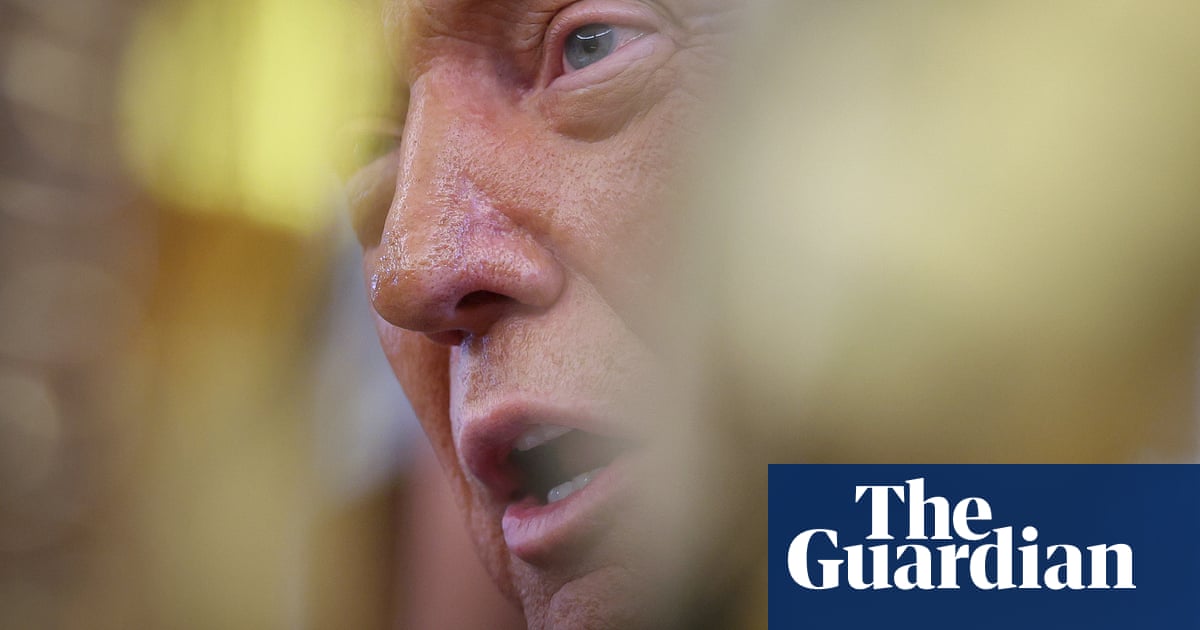The recent executive order issued by Donald Trump has ignited a fierce debate regarding civil rights protections in the United States. Advocates for civil rights have expressed alarm and outrage, claiming that the order significantly undermines decades of legal safeguards against discrimination.
Implications of the Executive Order
The directive notably eliminates "disparate-impact liability," a legal concept that has been critical in civil rights enforcement. This principle allows individuals to challenge seemingly neutral policies that disproportionately affect protected groups, even if there is no intent to discriminate. By instructing federal agencies to deprioritize enforcement of laws based on discriminatory outcomes, the order could potentially dismantle vital protections in various sectors, including education and employment.
Reactions from Legal Experts and Advocates
Legal experts and civil rights advocates have swiftly condemned the order. Fatima Goss Graves, president of the National Women’s Law Center, highlighted the potential consequences for civil rights enforcement, stating that the president does not possess the unilateral authority to dismantle established protections. Similarly, constitutional law professor Derek Black criticized the order's rationale, arguing that if such liability truly constituted an overwhelming presumption of discrimination, the country would have resolved disparities long ago.
Public Sentiment and Perception
The article aims to evoke a sense of urgency and alarm among the public regarding the potential rollback of civil rights protections. By highlighting the discontent among legal professionals and civil rights advocates, the narrative seeks to mobilize public opinion against the executive order. The framing of the order as a threat to the "American Dream" further serves to stir emotional reactions from the populace.
Potential Hidden Agendas
While the article focuses on the implications of the order, it may also be reflective of broader political strategies. The framing could distract from other pressing issues within the administration or serve to galvanize support among specific groups that prioritize civil rights. The urgency of the message could overshadow discussions about related political or economic matters.
Impact on Society and Economy
The fallout from this order could have significant consequences across various spheres, including social justice movements and workplace policies. The potential weakening of civil rights protections may lead to increased discrimination and social unrest, which could, in turn, affect economic stability and growth. The public's response may also influence upcoming elections and policy discussions.
Target Audience
This coverage is likely to resonate more with progressive and liberal communities that prioritize civil rights and social justice. By focusing on the negative repercussions of the order, the article seeks to rally support from those who may feel threatened by such changes.
Market Implications
In the context of financial markets, the news could have repercussions for companies that prioritize diversity and inclusion policies. Concerns about the potential rollback of civil rights protections might affect investor confidence in sectors vulnerable to discrimination lawsuits. Companies perceived as failing to uphold these principles may face public backlash, impacting their stock performance.
Geopolitical Relevance
While the article primarily addresses domestic civil rights issues, it indirectly reflects on the broader geopolitical landscape. The erosion of civil rights protections could weaken the U.S.'s standing as a global leader in human rights, potentially affecting international relations and trade agreements.
AI Influence in Reporting
Although it's uncertain whether AI specifically influenced the writing of this article, the structure and language used could indicate the application of AI-driven tools for content generation or editing. If AI was involved, it may have contributed to the framing and emphasis on particular narratives, guiding readers' perceptions toward a specific viewpoint.
In conclusion, the reliability of this news piece hinges on its alignment with established facts and the perspectives presented. The article successfully highlights significant concerns regarding civil rights but may also serve specific agendas by emphasizing certain viewpoints over others. Overall, it appears to be a credible reflection of current events, albeit with a particular focus on mobilizing public sentiment against the executive order.
